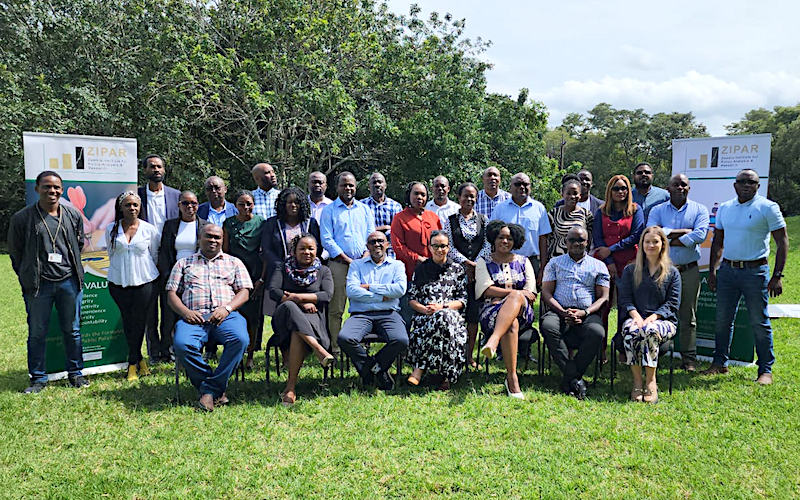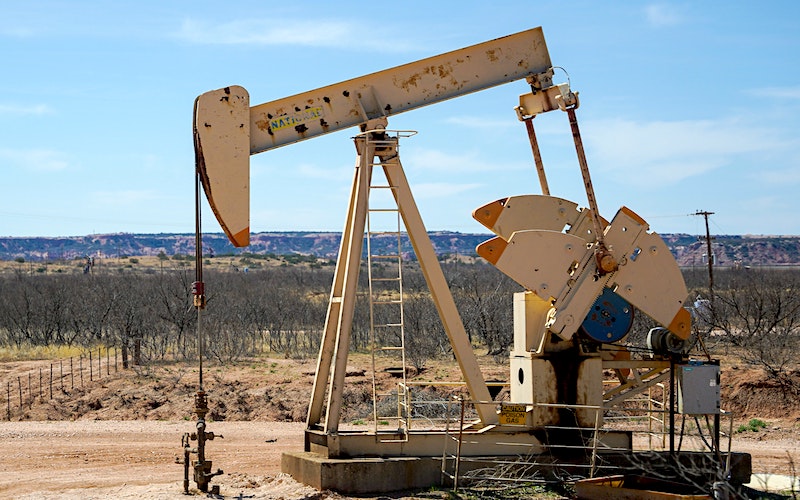Improving energy access and resource use in the developing world

Jump to: Research areas | Research stories | Recent projects | In teaching | Researchers
Research areas
We are researching current and future energy and resource management in the developing world. Our research covers several interconnected areas, including:
Access to modern energy services

Just transitions to sustainable development pathways

Natural resource governance

Research stories
Recent projects
We work with diverse stakeholders, including governments, communities and NGOs, private sector and international organisations, to develop theoretically and empirically informed solutions tailored to local contexts and needs. In this way our research seeks to foster sustainable development and supports global and local efforts to address social inequities, tackle environmental degradation and reduce economic disparities.
- Climate Compatible Growth - The Climate Compatible Growth (CCG) programme is funded by the UK’s Foreign, Commonwealth and Development Office (FCDO) to support investment in sustainable energy and transport systems to meet development priorities in the Global South. For more information about this project, please contact Julia Tomei and Rebecca Clube.
- Grounded Energy Modelling for equitable development (GEMDev website) - The GEMDev project aims to contribute to inclusive decision making towards dignified housing and habitat by developing tools that can inform better energy planning. Focusing on the nexus between energy, comfort and housing, the project takes the case of Lima and Ahmedabad to better understand the access and use of energy in the day-to-day lives of inhabitants and how these practices change over time. For more information about this project, please contact Julia Tomei.
- Energy Democracy and the Politics of Energy Transition in African countries – For more information about this project, please contact Xavier Lemaire
- Large Water Projects and Conflicted Territorial Identities in sub-Saharan Africa - The Case of the Development of the Senegal River - For more information about this project, please contact Xavier Lemaire
- Greening the Recovery in Ghana and Zambia – For more information about this project, please contact Jim Watson
- A natural capital reporting framework for the Brazilian Pantanal – For more information about this project, please contact Alison Fairbrass.
Improving energy access and resource use in the developing world in teaching



Teaching is a core component of our work; whether taught or research, our students are an integral part of our community. In this, we play a key role in supporting teaching across the Institute for Sustainable Resources (ISR):
- Delivery of modules across the taught programmes in the UCL Institute for Sustainable Resources.
- Supervision of MSc dissertations across our School's taught programmes.
Economics and Policy of Energy and the Environment MSc
It is vital to understand the energy and resource challenges facing lower income countries and how these manifest in different settings. Our teaching provides students with the opportunity to learn about these challenges and to think through how we can develop tailored solutions that deliver sustainable and equitable development. Students on Economics and Policy of Energy and the Environment MSc can explore explore this in the Energy, Environment and Development in Developing Countries module.
Examples of past dissertations in this area include:
- 'Gender Equality and Social Inclusion (GESI) in energy planning in Kenya: status quo and action points for improvement.'
- 'How will South Africa’s energy security change as it transitions to a low carbon electricity system?'
- 'Paving the way for achieving climate resilience: assessing synergies and trade-offs between national development and SDG7 (energy) and SDG13 (climate) in Indonesia.'
Sustainable Resources: Economics, Policy and Transitions MSc
Our teaching aims to provide students with an understanding of the outcomes of resource access, use and management for different social groups in lower income countries. We adopt an interdisciplinary approach, that draws on diverse case studies to illustrate how resource use manifests in different settings. Students on Sustainable Resources: Economics, Policy and Transitions MSc can explore this in the Resource Governance in the Global South module.
Examples of past dissertations in this area:
- 'Can resource extraction be consistent with a ‘just’ transition? Exploring evidence from lithium mining in Antofagasta, Chile.'
- 'Climate finance in Mato Grosso, Brazil: a collaborative approach to reducing deforestation.'
- 'How do Chinese oil companies frame their future? Defining the most sustainable perspective.'
Doctoral research (PhD)
Our PhD students are an essential part of our community, actively engaging in teaching and research activities. Students are provided with regular opportunities to present their research and participate in the activities undertaken in this, and other, research themes at the ISR. In this way, they enrich our academic environment and foster meaningful collaboration.
Doctoral research relating to Improving energy access and resource use in the developing world:
Researchers
Julia Tomei
Associate Professor
j.tomei@ucl.ac.uk
Oliver Broad
Senior Research Fellow
o.broad@ucl.ac.uk
Nick Hughes
Associate Professor
nicholas.hughes@ucl.ac.uk
Xavier Lemaire
Senior Research Associate
x.lemaire@ucl.ac.uk
Jim Watson
Director
j.watson@ucl.ac.uk
Rebecca Clube
Research Fellow
r.clube@ucl.ac.uk
Janina Fuchs
Research Assistant
j.fuchs@ucl.ac.uk
Jen Cronin
Researcher
jennifer.cronin.15@ucl.ac.uk
Alison Fairbrass
Research Associate
alison.fairbrass.10@ucl.ac.uk
Harsh Jatkar
Researcher
h.jatkar@ucl.ac.uk
 Close
Close





